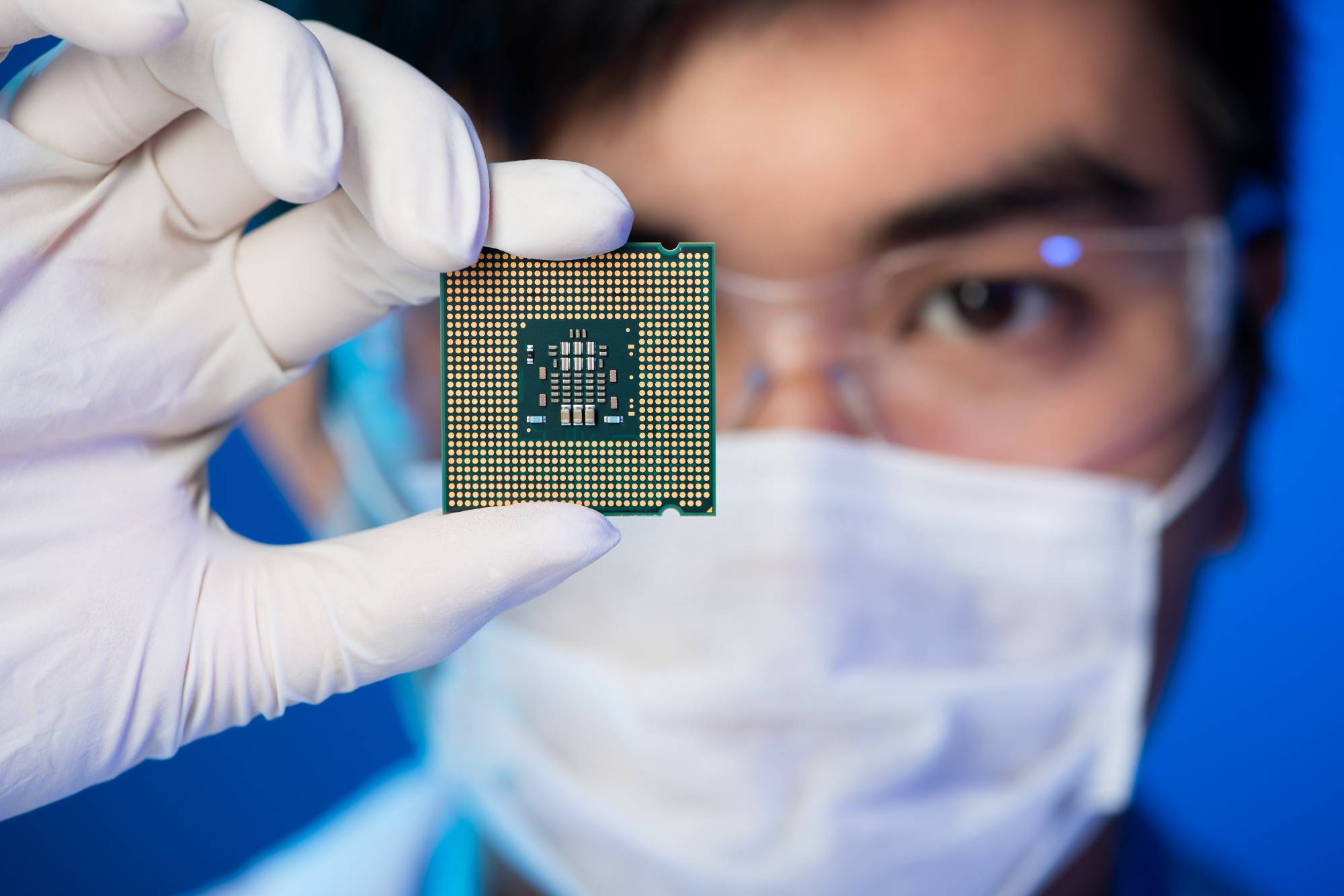There has been a sinister shift in the nature of battle as technology has progressed. Experts have coined the term “NeuroStrike” to describe a weapon created to exploit the human mind, which is one of the most concerning advances in conventional warfare. Urgent preventative actions are needed across the board in response to the introduction of NeuroStrike to safeguard not just national security but also the moral components of contemporary combat.

Learning about NeuroStrike
The term “NeuroStrike” is shorthand for any military operation in which neurotechnology is employed to affect, disrupt, or manipulate the human brain and cognitive processes. It includes several methods, such as brain-computer interface development and neurological hacking. The goal of NeuroStrike is to influence the thoughts, feelings, and behavior of an opponent.
NeuroStrike and Its Consequences
The development of NeuroStrike poses a serious danger to national security. Gaining access to an enemy’s neural network might provide that country’s military or intelligence organizations sway over crucial decision-makers, soldiers, or spies. The ethical ramifications of NeuroStrike go well beyond the obvious security consequences. Humane warfare and psychological coercion become more difficult to distinguish when neurotechnology is used to alter persons’ ideas and emotions. NeuroStrike threatens not just international stability, but also social peace. By taking advantage of people’s innate psychological frailties, a malicious user of this technology may foment strife, manipulate public opinion, and unleash anarchy.
Precautions to Take  Before a NeuroStrike
Before a NeuroStrike
The appearance of NeuroStrike necessitates simultaneous intervention on several fronts. The international community has to work together to create legal frameworks that prohibit the harmful use of neurotechnology. Included in these recommendations ought to be standards for the moral application of neurotechnology in science and medicine. There has to be formed oversight committees to keep tabs on and manage neurotechnology studies. These organizations can assist keep cutting-edge technology out of the wrong hands and promote ethical practices in the research community.
It is critical that the public be made aware about NeuroStrike and the dangers it poses. The public has to be aware of the dangers posed by these innovations and take precautions. Since NeuroStrike frequently includes hacking and other forms of cyber-attack, increasing cybersecurity is crucial. Defenses against such incursions need to be bolstered by governments and institutions.
Conversations between policymakers, scientists, and ethicists are necessary if we are to set firm ethical limits on the military and civilian applications of neurotechnology. Informed permission, privacy, and the ethical advancement of these technologies should all be at the center of these debates. Protecting against NeuroStrike necessitates the creation of efficient countermeasures. There has to be a greater push to learn how to protect people’s nervous systems from outside interference.
What We Need to Do Next
There is a technological problem in the age of NeuroStrike, but there is also a moral one. Neurotechnology is rapidly evolving, and its possible application in combat necessitates a worldwide initiative to set firm limits and safeguards. To prevent advanced technologies from being used to manipulate or harm people, it is crucial to uphold the principles of humane warfare.
The importance of fixing NeuroStrike is high. A nightmarish future in which our minds and hearts may be used as weapons must be avoided at all costs. We can only expect to safeguard the integrity of the human mind in this age of constantly developing technological warfare if we work together across borders, take into account ethical concerns, and implement strong cybersecurity measures. Now is the moment to take action, before a potentially disastrous NeuroStrike period really arrives.

